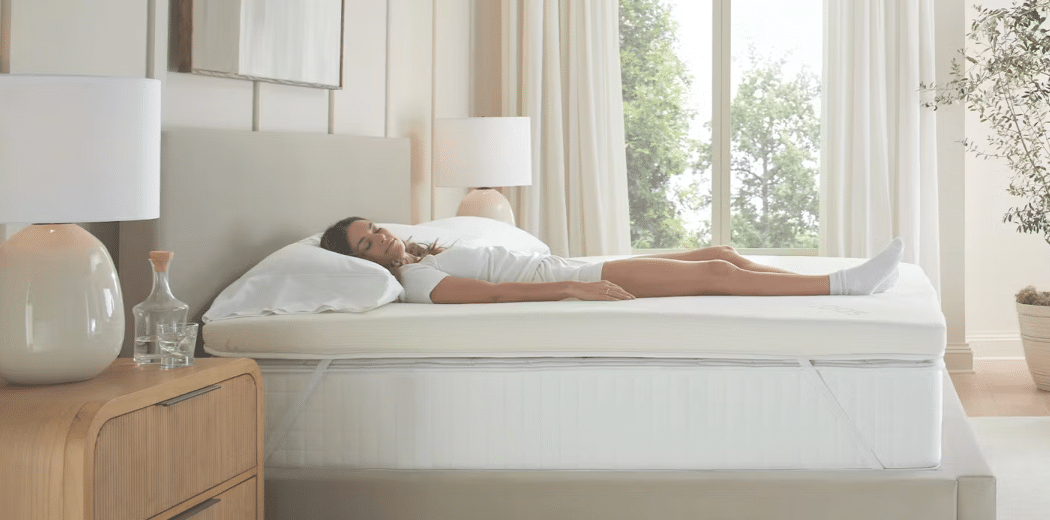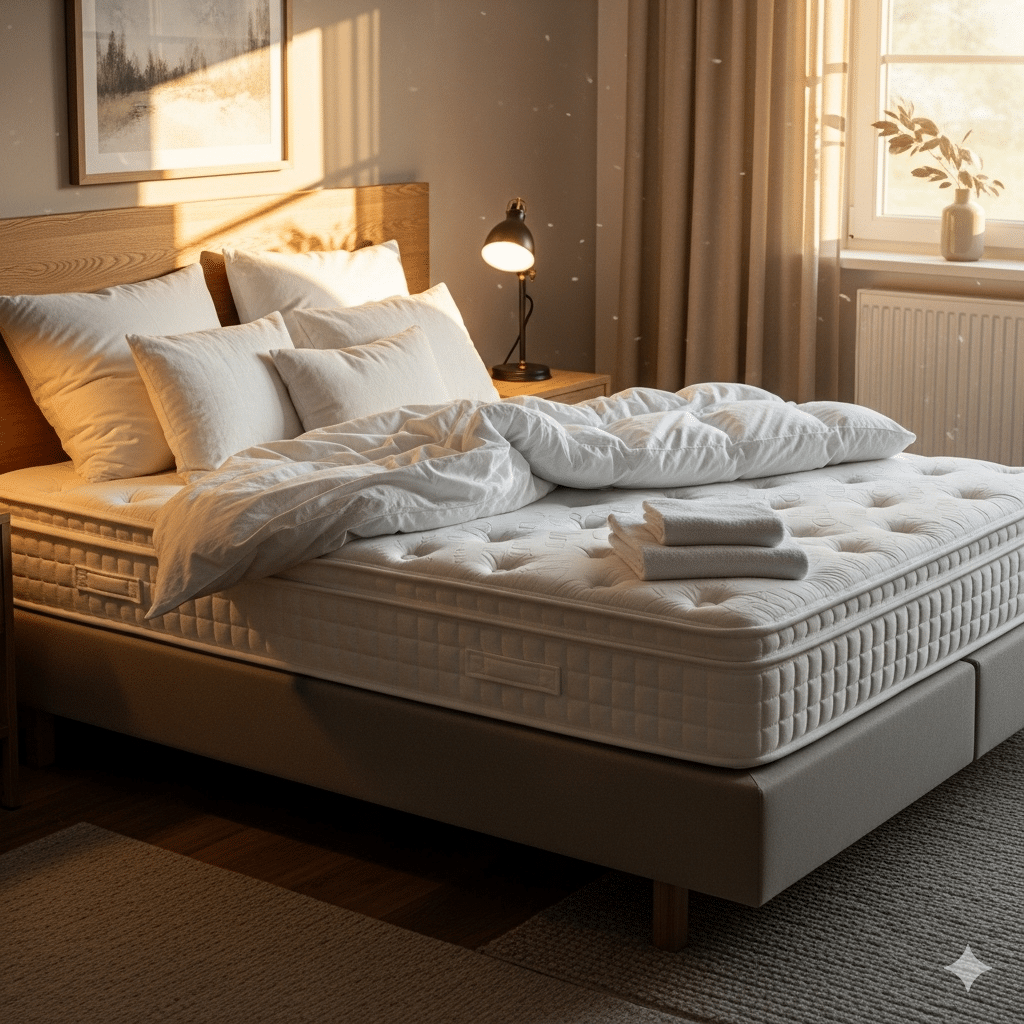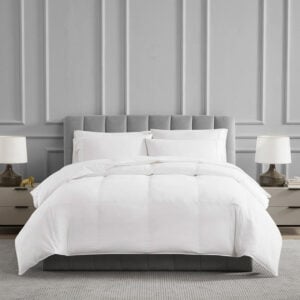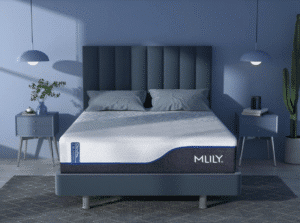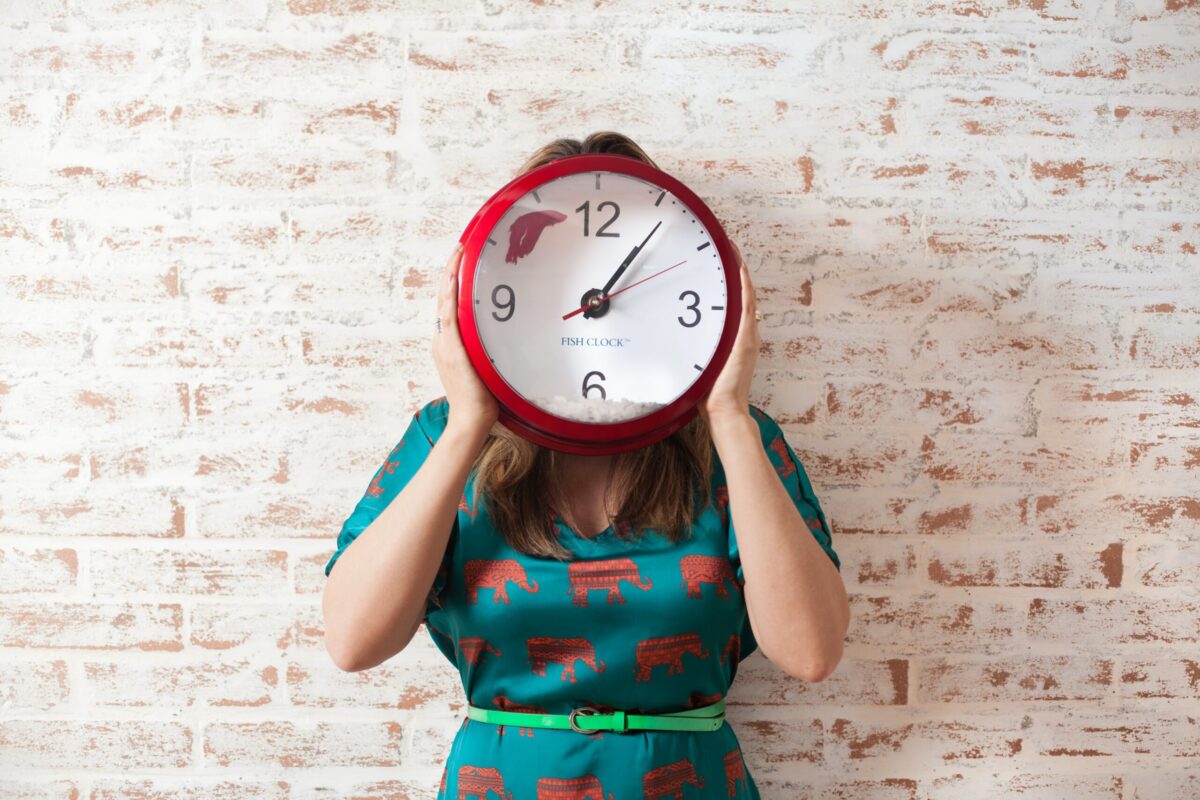
Chronotypes are individual differences in the timing of sleep and wakefulness, and they can influence a person’s energy levels, mood, and productivity. People with different chronotypes have different internal biological clocks, which can affect their sleep patterns, alertness, and performance during the day. Understanding your chronotype can help you optimize your sleep, work, and lifestyle habits to improve your well-being and productivity.
The Four Major Chronotypes:
Research suggests that there are four major chronotypes, which are based on a person’s genetic makeup and internal biological clock. These chronotypes are the Lion, Bear, Wolf, and Dolphin.
The Lion Chronotype:
The Lion chronotype is characterized by morningness, meaning that people with this chronotype tend to wake up early and feel most alert and productive in the morning. They typically have an easier time falling asleep at night and may feel tired and less productive in the evening.
The Bear Chronotype:
The Bear chronotype is the most common and is characterized by a balanced sleep-wake cycle. People with this chronotype tend to wake up and go to bed at a moderate time and feel alert and productive during the day. They typically have a regular sleep schedule and may adjust well to new routines.
The Wolf Chronotype:
The Wolf chronotype is characterized by eveningness, meaning that people with this chronotype tend to wake up later and feel most alert and productive in the evening. They may have a harder time falling asleep at night and may feel less productive in the morning.
The Dolphin Chronotype:
The Dolphin chronotype is characterized by irregular sleep patterns and difficulty sleeping. People with this chronotype may struggle to maintain a regular sleep schedule and may have insomnia or other sleep disorders. They may feel most alert and productive during the day after a night of poor sleep.
How Chronotypes Affect Our Lives:
Chronotypes can influence many aspects of our lives, including our sleep patterns, energy levels, mood, and productivity. People with different chronotypes may have different preferences for sleep and wakefulness, which can affect their ability to function optimally during the day. For example, a Lion chronotype may perform best during the early morning hours, while a Wolf chronotype may perform better in the late afternoon or evening.
How to Determine Your Chronotype:
There are several ways to determine your chronotype, including taking a quiz or questionnaire that asks about your sleep patterns and preferences. You can also monitor your sleep and wakefulness patterns over time to identify your natural tendencies. Some people may have a clear and consistent chronotype, while others may have a more flexible or variable pattern.
Optimizing Your Life Based on Your Chronotype:
Once you have identified your chronotype, you can optimize your sleep, work, and lifestyle habits to align with your natural tendencies. For example, if you are a Lion chronotype, you may want to schedule your most important tasks in the morning and prioritize getting enough sleep at night. If you are a Wolf chronotype, you may want to avoid scheduling important tasks in the morning and instead focus on working in the late afternoon or evening.
Conclusion:
Chronotypes are an important aspect of our biological makeup and can have a significant impact on our sleep, mood, and productivity. Understanding your chronotype can help you optimize your lifestyle and work habits to improve your well-being and performance. By aligning your sleep and wakefulness patterns with your natural tendencies, you can maximize your energy, focus, and productivity throughout the day.
Is Your Sleep Clock the Same as Your Chronotype?
Yes, your sleep clock is closely related to your chronotype. Your chronotype refers to your natural preference for sleep and wakefulness, which is influenced by your internal biological clock. Your sleep clock, or circadian rhythm, is the internal process that regulates your sleep-wake cycle, body temperature, hormone production, and other physiological functions over a 24-hour period.
In other words, your chronotype is one aspect of your sleep clock or circadian rhythm. People with a morning chronotype tend to have an earlier sleep onset and wake-up time, which is aligned with their circadian rhythm. Similarly, people with an evening chronotype tend to have a later sleep onset and wake-up time, which is also in line with their circadian rhythm.
However, it is important to note that the relationship between chronotype and sleep clock can be complex and may vary depending on individual factors such as age, genetics, lifestyle, and environment.
What Chronotype is the Best?
here is no one “best” chronotype as each has its own advantages and disadvantages depending on a person’s lifestyle, job requirements, and personal preferences.
For example, individuals with a morning chronotype may find it easier to wake up early and be productive in the morning, which can be advantageous for those who have early work schedules or enjoy morning exercise. However, they may feel more tired and less alert in the evening, which can make it challenging to stay focused during evening activities.
On the other hand, individuals with an evening chronotype may find it easier to stay alert and focused in the evening, which can be advantageous for those who have jobs or hobbies that require late-night work. However, they may struggle with waking up early and may have difficulty adjusting to morning schedules.
Ultimately, the best chronotype for an individual depends on their personal preferences, work requirements, and lifestyle. It is important to find a sleep schedule and routine that aligns with your natural tendencies and allows you to get enough restorative sleep. This may involve adjusting your sleep schedule, creating a sleep-friendly environment, and adopting healthy sleep habits.
Are Certain Chronotypes More Common Among Women or Men?
Research suggests that there may be gender differences in the distribution of chronotypes, but the findings are not consistent across studies.
Some studies have found that women tend to have a stronger morning preference and a lower prevalence of eveningness chronotype compared to men. For example, a study published in the journal Chronobiology International in 2021 found that women tended to have a stronger morning preference than men based on self-reported chronotype.
However, other studies have found no significant gender differences in chronotype distribution. For example, a study published in the Journal of Biological Rhythms in 2017 found no significant difference in chronotype distribution between men and women based on objective measures of sleep and circadian rhythm.
It is important to note that the relationship between gender and chronotype may be influenced by a variety of factors, including age, culture, and lifestyle habits. Further research is needed to clarify the relationship between gender and chronotype distribution.
Can I Change My Chronotype?
While it is not possible to completely change your chronotype, you may be able to shift your sleep schedule to better align with your lifestyle and personal preferences. This is because your chronotype is partly influenced by environmental factors such as light exposure, social cues, and lifestyle habits.
For example, if you have an evening chronotype but need to wake up early for work, you may be able to gradually shift your sleep schedule earlier by adjusting your bedtime and wake-up time by 15-30 minutes each day. You can also try to increase your exposure to natural light in the morning and decrease your exposure to artificial light in the evening.
However, it is important to note that your ability to shift your sleep schedule may depend on individual factors such as age, genetics, and overall health. Additionally, attempting to shift your sleep schedule too quickly or drastically can disrupt your circadian rhythm and lead to sleep problems or other health issues.
In summary, while you may be able to adjust your sleep schedule to some extent, your underlying chronotype is largely determined by genetics and internal biological factors.
What About Chrontypes and Mental Health?
Research suggests that eveningness chronotype is more strongly associated with mental health problems compared to morningness chronotype. For example, a systematic review and meta-analysis published in Sleep Medicine Reviews in 2021 found that eveningness chronotype was associated with higher levels of depression, anxiety, and psychological distress.
Other studies have also found associations between eveningness chronotype and a range of mental health problems, including bipolar disorder, seasonal affective disorder, and substance use disorders. These associations may be due to disruptions in the circadian rhythm, which can affect mood regulation, sleep, and other physiological functions.
However, it is important to note that the relationship between chronotype and mental health is complex and may vary depending on individual factors such as age, genetics, and lifestyle. Further research is needed to better understand the relationship between chronotype and mental health outcomes.
Scientific Papers on Chronotypes for Further Reading
- Kantermann, T., Duboutay, F., Haubruge, D., Hampton, S., Darling, A. L., Berry, J. L., & Kerkhofs, M. (2021). Age and gender dependent changes in chronotype: A cross-sectional analysis based on the UK Biobank. Chronobiology International, 38(2), 167-179. doi: 10.1080/07420528.2020.1868789
This study analyzed data from the UK Biobank to examine how age and gender affect chronotype. The researchers found that chronotype shifted towards morningness with age, and women tended to have a stronger morning preference than men.
- Zhang, L., Zhang, J., Xie, M., Xie, Y., & Zhou, F. (2021). Association between chronotype and mental health: A systematic review and meta-analysis. Sleep Medicine Reviews, 57, 101430. doi: 10.1016/j.smrv.2021.101430
This systematic review and meta-analysis examined the association between chronotype and mental health. The researchers found that eveningness chronotype was associated with higher levels of depression, anxiety, and psychological distress.
- Facer-Childs, E. R., Campos, B. M., Middleton, B., Skene, D. J., & Bagshaw, A. P. (2020). Circadian phenotype impacts the brain’s resting-state functional connectivity, attentional performance, and sleepiness. Sleep, 43(2), zsaa166. doi: 10.1093/sleep/zsaa166
This study investigated how different chronotypes impact the brain’s resting-state functional connectivity, attentional performance, and sleepiness. The researchers found that eveningness chronotype was associated with reduced functional connectivity in the default mode network, poorer attentional performance, and higher levels of sleepiness compared to morningness chronotype.
4. Roenneberg, T., & Merrow, M. (2021). The circadian clock and human health. Current Biology, 31(9), R451-R457. doi: 10.1016/j.cub.2021.02.023
This review article provides an overview of the circadian clock and its importance for human health. The authors discuss the impact of chronotype on sleep, mood, metabolism, and other health outcomes.
5. Adan, A., Archer, S. N., Hidalgo, M. P., Di Milia, L., Natale, V., Randler, C., … & Von Schantz, M. (2020). Circadian typology: A comprehensive review. Chronobiology International, 37(9), 1220-1251. doi: 10.1080/07420528.2020.1798209
This comprehensive review article provides an in-depth examination of the concept of circadian typology and its measurement. The authors discuss the various methods used to determine chronotype and their validity, as well as the implications of different chronotypes for health and performance.
- O’Callaghan, F. V., Drummond, S. P., & Boyce, P. M. (2020). Disturbed sleep and circadian rhythms in bipolar disorder: A review of the evidence and recommendations for practice. Sleep Medicine Reviews, 50, 101239. doi: 10.1016/j.smrv.2019.101239
This review article focuses on the relationship between bipolar disorder and disturbances in sleep and circadian rhythms. The authors discuss the prevalence of sleep problems and circadian disruptions in bipolar disorder, as well as the potential implications for treatment and management of the condition.




